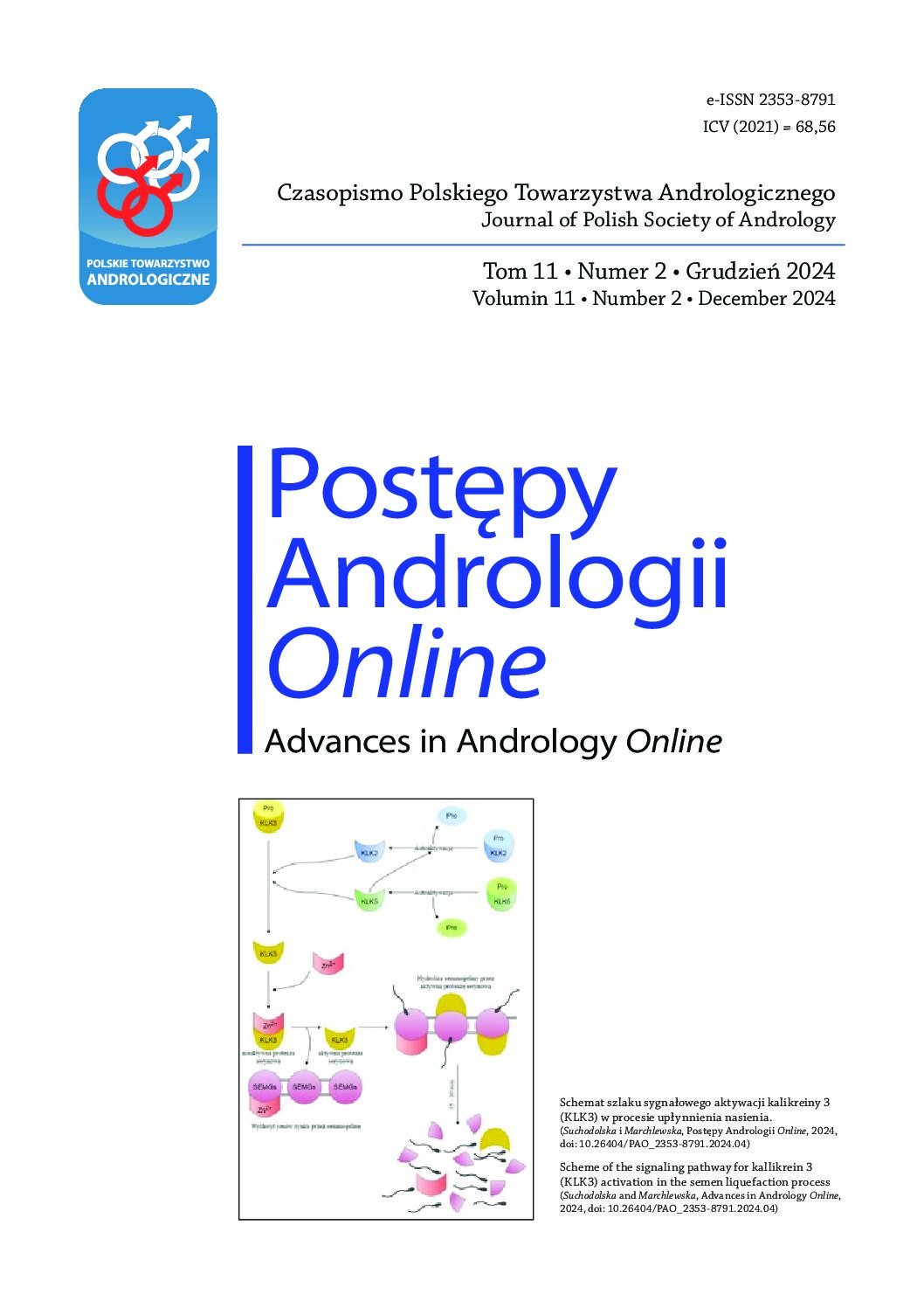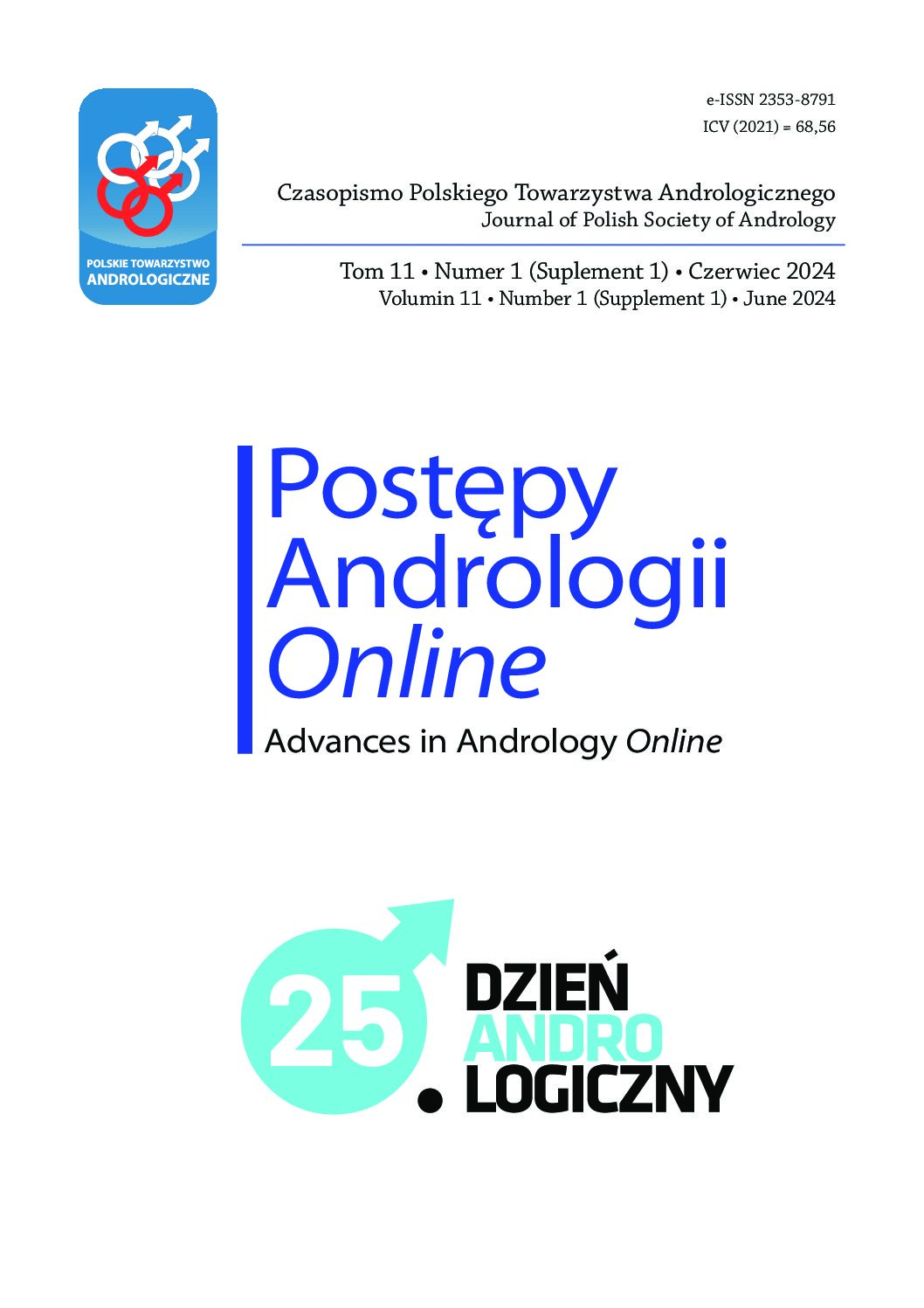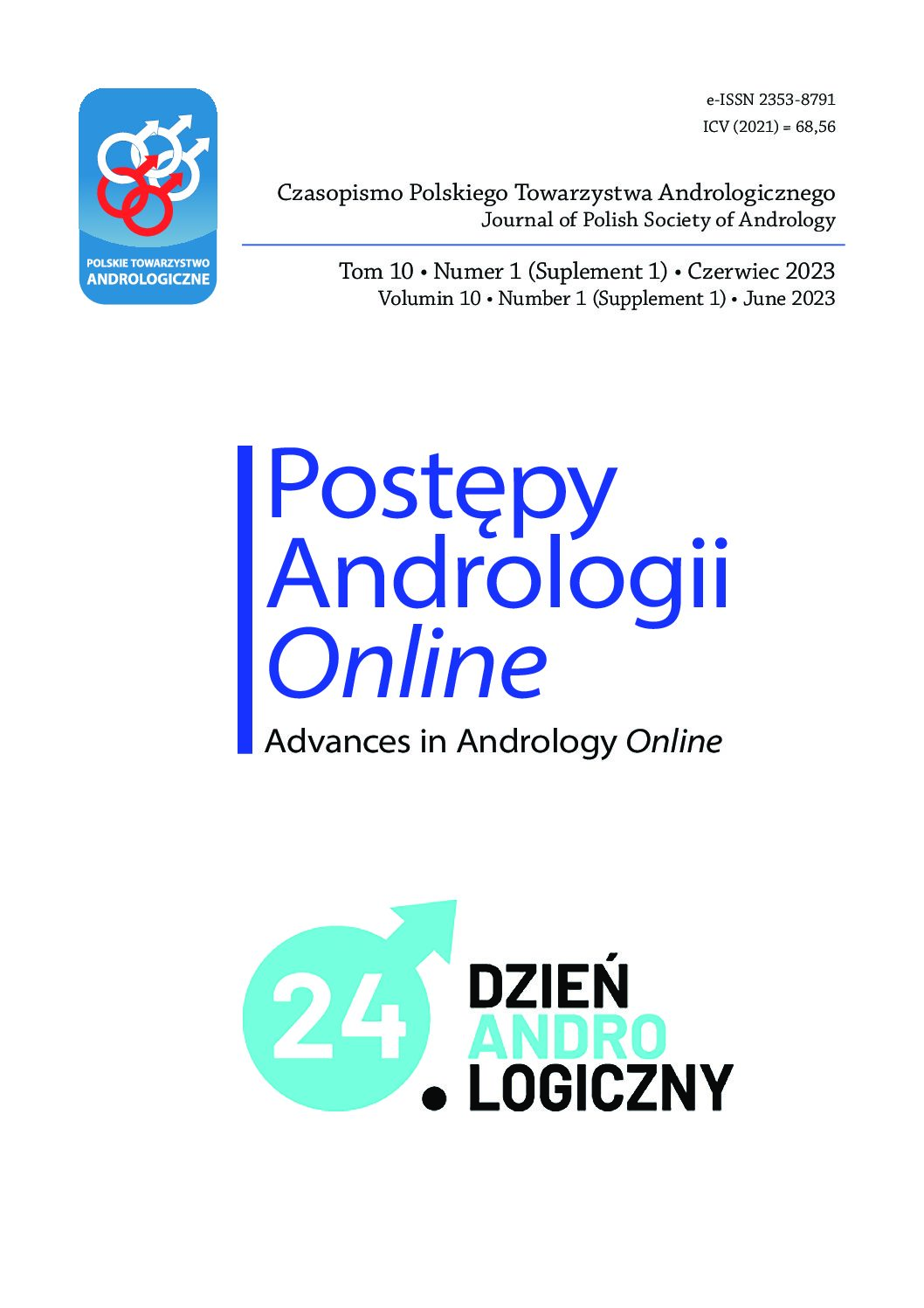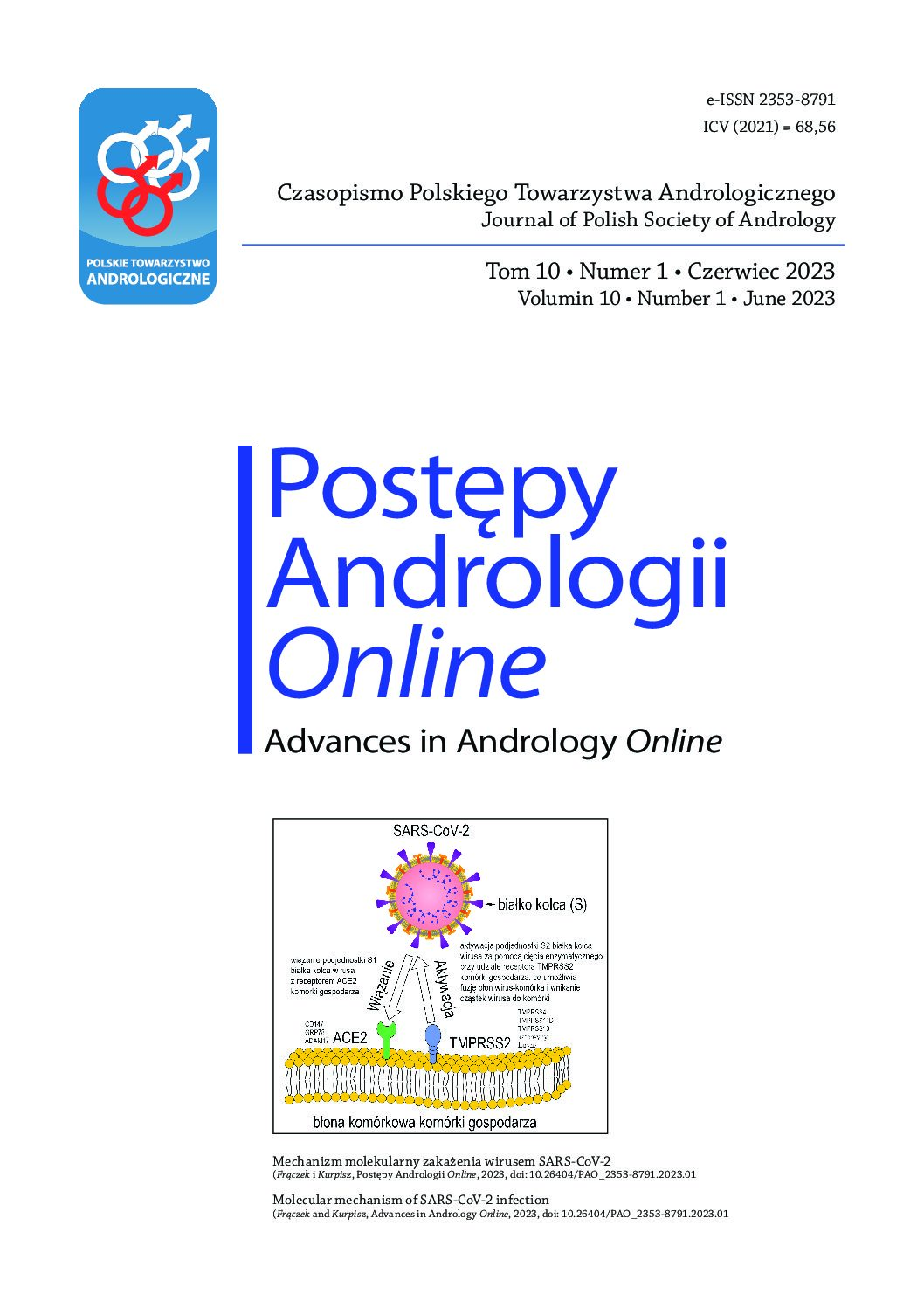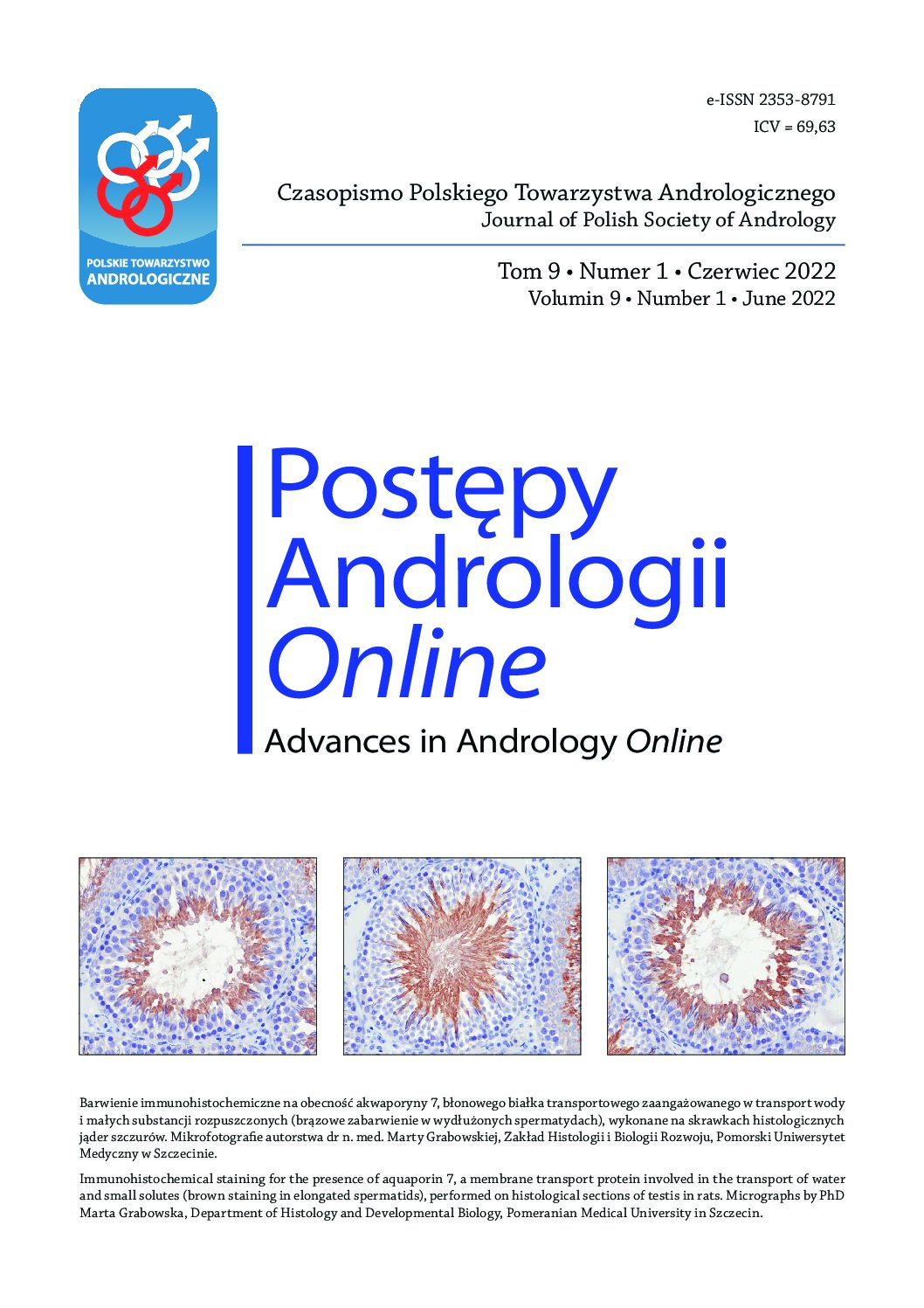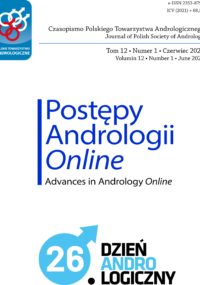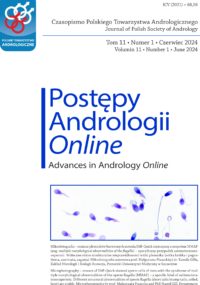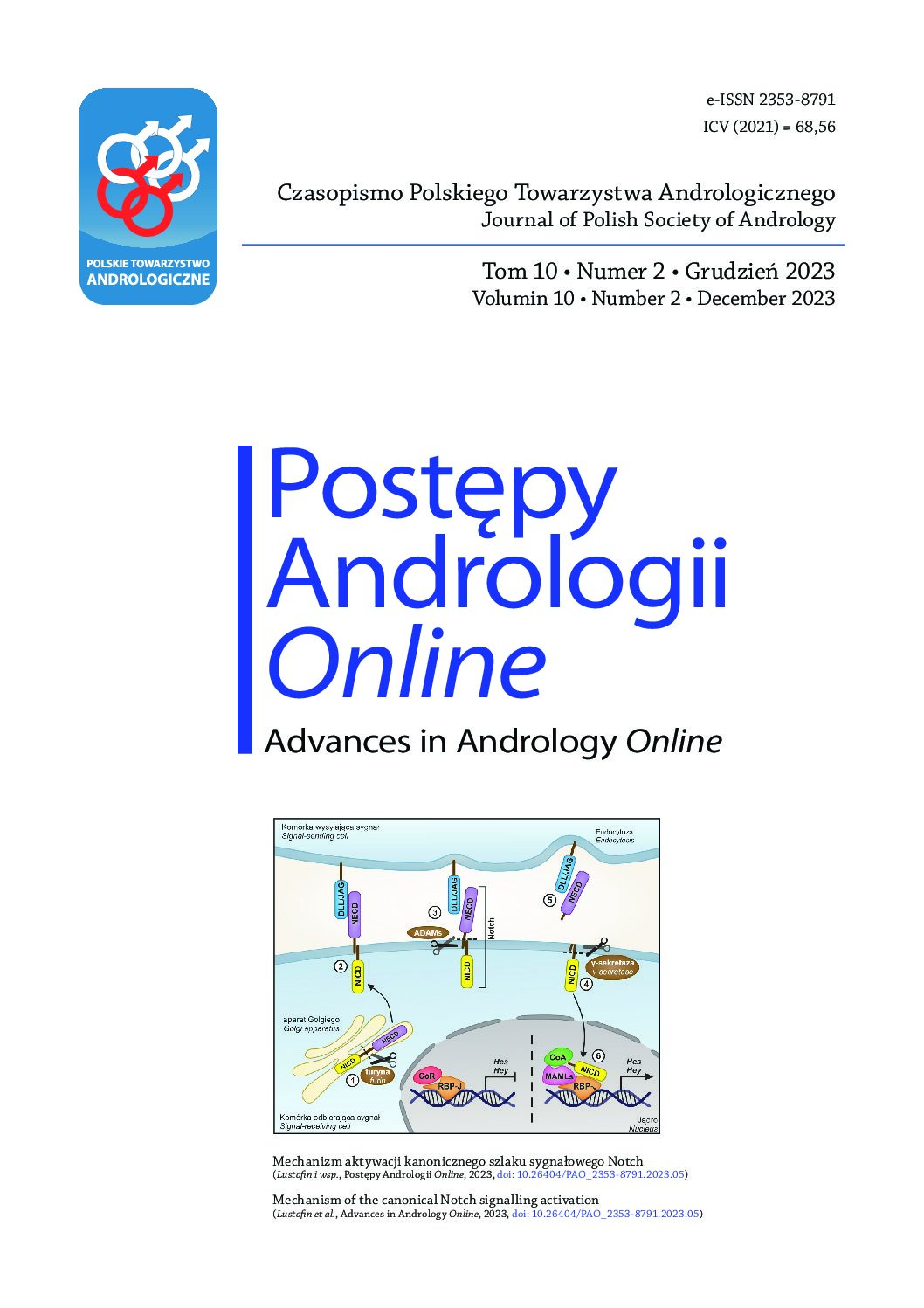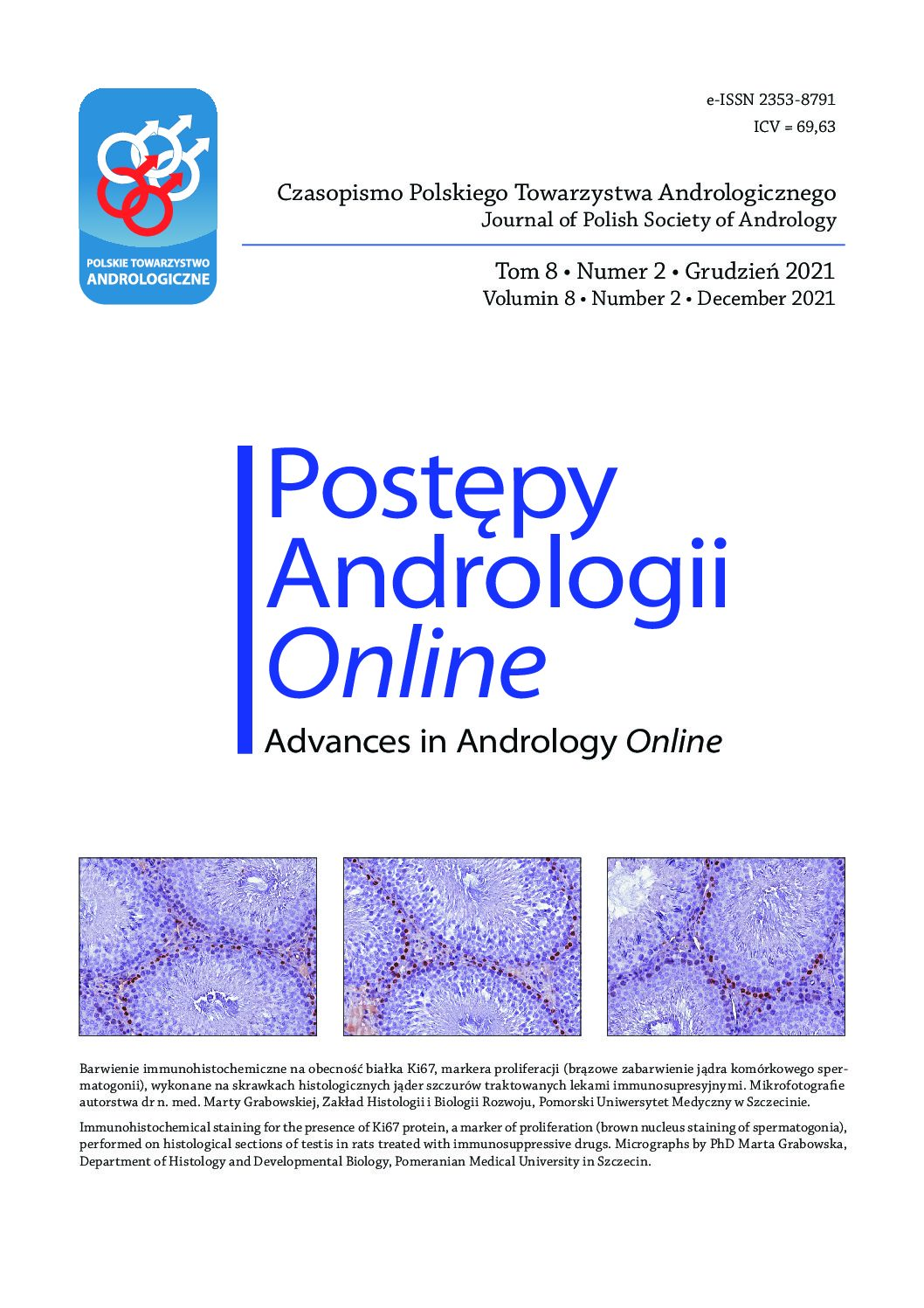Is advanced paternal age a reproductive risk? Part II: embryo development, achieve pregnancy and health of offspring.
IS ADVANCED PATERNAL AGE A REPRODUCTIVE RISK? PART II: EMBRYO DEVELOPMENT, ACHIEVE PREGNANCY AND HEALTH OF OFFSPRING
The male organism is exposed to numerous toxic and mutagenous factors during ontogenesis which lead to an increase in the number of mutations (duplications, deletions, disomies, diploidies of autosomal and sexual chromosomes) and epigenetic changes. Described abnormalities could result in impaired fertilization, implantation, embryo and fetus development and recurrent pregnancy loss as well as delayed conception. Furthermore, increased risk of fetal death, preterm birth, birth low weight and inherited autosomal dominant genetic diseases, and neurobehavioral disorders in off spring could be associated with advanced paternal age. However, it should be emphasized that opinions about the effect of age on male fertility potential and off spring health are ambiguous, often divergent and arouse many doubts. Since obtained findings concern the diff erent stages of the reproductive process and not always at every stage of reproduction observed a signifi cant impact of advanced paternal age. Th is is due to the fact that the subject of published research are diverse groups of men not only in terms of age and number, but also seminological categories. Moreover, the infl uence of age on male fertility is individual and depends on reproductive ability, medical history, urogenital tract injuries, lifestyle and environmental factors.
